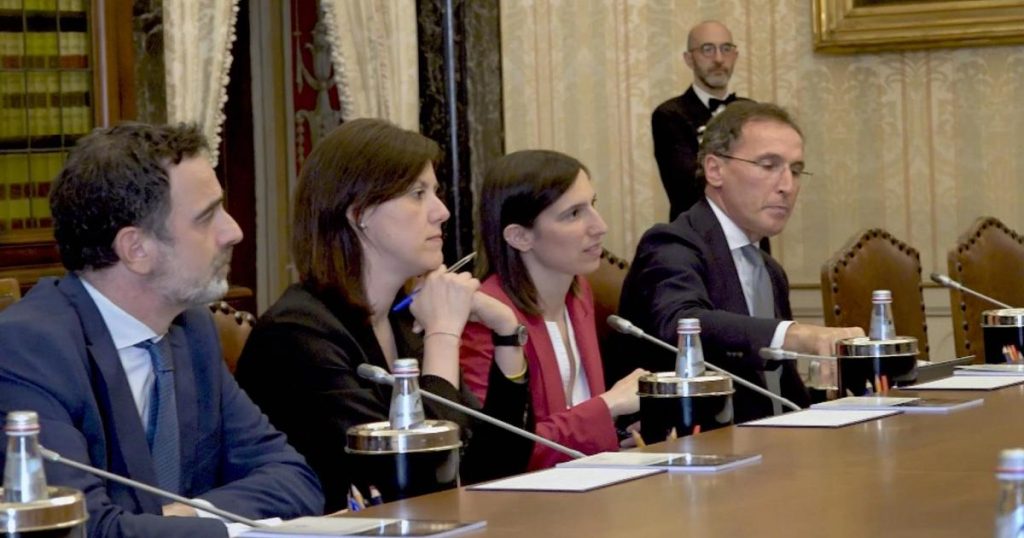The focus has now shifted to politics. The recent television debate between Giorgia Meloni and Elly Schlein has raised questions about the legitimacy of such debates. The Communications Authority has stated that the acceptability of the format by a majority of the competing electoral lists, including those represented in Parliament, determines the legitimacy of such debates. However, with opposition leaders and even the secretary of Forza Italia, Antonio Tajani, expressing reservations, the planned face-off between the leaders of Fratelli d’Italia and the Partito Democratico may not happen. The Authority also allows for alternative formats, such as interviews, as long as they adhere to the principle of equal treatment for all political parties.
The Communications Authority emphasizes the need for a fair and balanced approach to political debates, ensuring that all parties have equal opportunities for exposure. This includes the possibility of compensatory spaces for parties that choose not to participate in the televised debates. While the face-to-face format is preferred, alternatives such as interviews can be considered as long as they provide the same level of listening opportunities for all parties involved. The key consideration is to ensure that at least six leaders, representing the eleven parliamentary groups, are given the opportunity to participate in the debates.
The decision on the format of political debates now rests with the Commission of Vigilance, which will further examine the guidelines set forth by the Communications Authority. The potential for multiple consecutive debates, as well as the inclusion of additional leaders, remains open for consideration. The goal is to create a platform that allows for meaningful discussions between political leaders while ensuring equal opportunities for all parties to present their views and engage with voters. The Commission of Vigilance will play a crucial role in overseeing the implementation of these guidelines and ensuring a fair and transparent process.
The controversy surrounding the format of political debates reflects the broader debate around the role of communication in shaping public opinion and influencing electoral outcomes. By setting clear guidelines for the inclusion of all political parties in debates and ensuring equal treatment, the Communications Authority aims to promote a more democratic and inclusive electoral process. The decision to allow for alternative formats, such as interviews, provides flexibility while maintaining the principle of fairness and transparency. Ultimately, the goal is to facilitate meaningful discussions that help voters make informed decisions on Election Day.
The upcoming debates between political leaders will serve as a critical opportunity for voters to assess the policies and leadership qualities of each party. By providing a platform for leaders to engage in direct dialogue, the debates can help clarify differences in ideology and approach, allowing voters to make well-informed decisions. The guidelines set forth by the Communications Authority seek to ensure that all parties have a fair chance to participate in the debates and present their views to the public. This commitment to inclusivity and equal treatment reflects a larger effort to strengthen democratic processes and promote transparency in political communication.
As the Commission of Vigilance prepares to delve into the details of the proposed guidelines, the focus remains on ensuring that the upcoming political debates are fair, transparent, and inclusive. By providing a framework that allows for equal opportunities for all parties, the Communications Authority aims to foster a more robust and democratic electoral process. The ultimate goal is to create a platform that encourages meaningful dialogue and engagement between political leaders, helping voters make informed decisions at the ballot box. The upcoming debates will play a crucial role in shaping public opinion and influencing the outcome of the upcoming elections.


